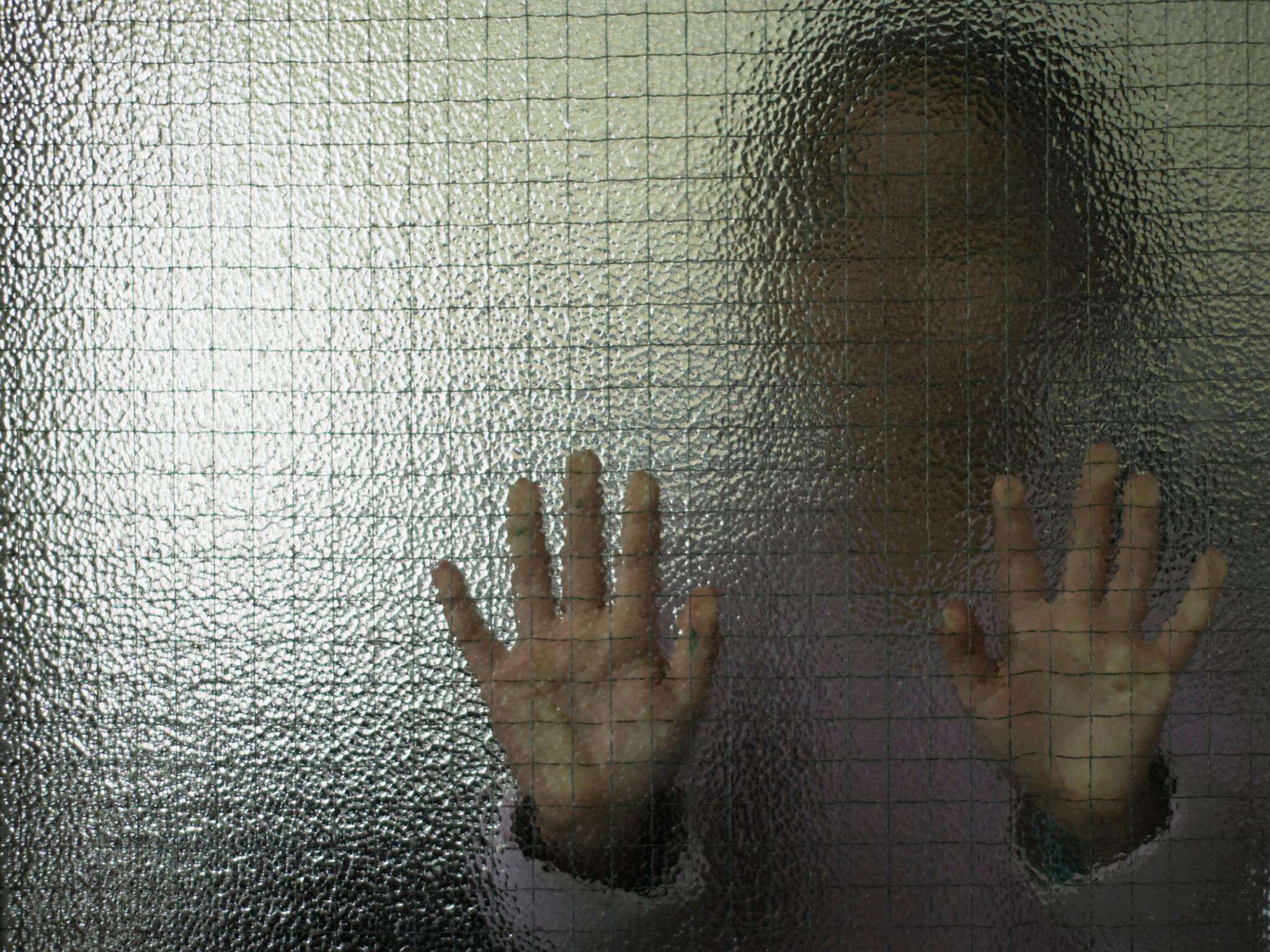Domestic violence Twitter hashtag raises awareness of non-physical abuse
Coercive control, emotional manipulation and passive aggressiveness are common yet overlooked signs of abuse

Your support helps us to tell the story
From reproductive rights to climate change to Big Tech, The Independent is on the ground when the story is developing. Whether it's investigating the financials of Elon Musk's pro-Trump PAC or producing our latest documentary, 'The A Word', which shines a light on the American women fighting for reproductive rights, we know how important it is to parse out the facts from the messaging.
At such a critical moment in US history, we need reporters on the ground. Your donation allows us to keep sending journalists to speak to both sides of the story.
The Independent is trusted by Americans across the entire political spectrum. And unlike many other quality news outlets, we choose not to lock Americans out of our reporting and analysis with paywalls. We believe quality journalism should be available to everyone, paid for by those who can afford it.
Your support makes all the difference.Maybe he doesn't hit you, but he makes passive aggressive remarks and labels you as the “crazy one” for reacting to the bait.
Maybe he doesn't hit you, but he threatens suicide if you want to leave him.
Maybe he doesn't hit you, but he tells you that you are not allowed to go out wearing that skirt.
These and thousands of other forms of abuse have been listed on twitter under the hashtag “#MaybeHeDoesn’tHitYou”, as women have been sharing their experience and understanding of domestic abuse within relationships.
The subject of coercive control became a national talking point following the storyline of Helen and Rob on radio program The Archers, where Rob’s manipulation of Helen built up over hundreds of episodes and resulted in Helen stabbing him with a knife.
It became a criminal offence in December 2015 in England and Wales to carry out controlling or coercive behaviour in intimate or familial relationships, with a maximum imprisonment of five years.
The UK government defines domestic violence as psychological, physical, sexual, financial and emotional abuse.
The conversation around what constitutes abuse started to trend on social media after an LGBT and women’s rights activist in Wisconsin, Jerome Trammel, posed the question: should a woman get permission from her husband or boyfriend when she gets her hair cut? He said he wanted to show the responses to his female friend, who had been told she needed permission.
In the UK, according to a government Crime Survey for England and Wales, 1.3 million women and 600,000 men were estimated to have experienced domestic violence in 2014/2015.
In the US, every nine seconds a woman is assaulted or beaten by a partner or ex-partner.
Join our commenting forum
Join thought-provoking conversations, follow other Independent readers and see their replies
Comments